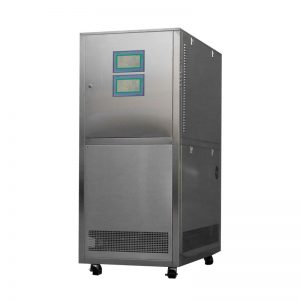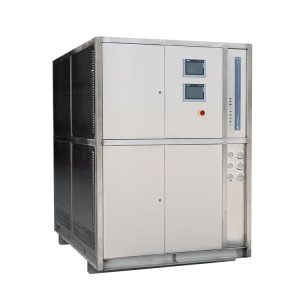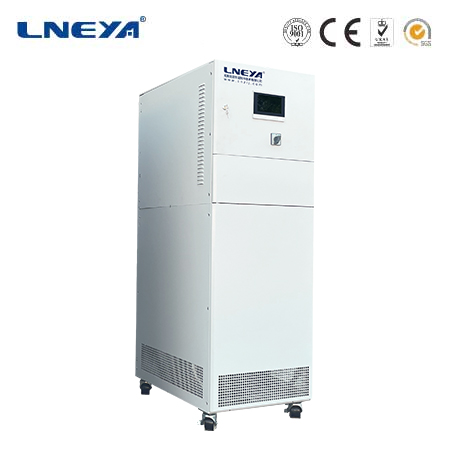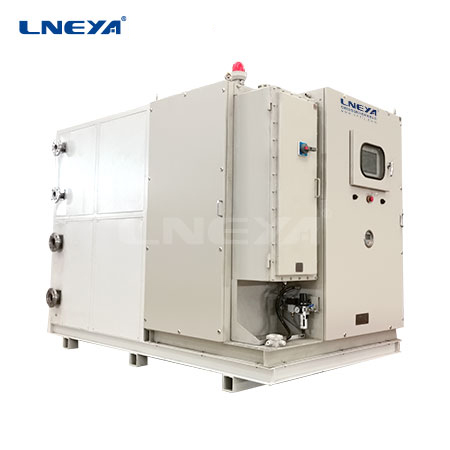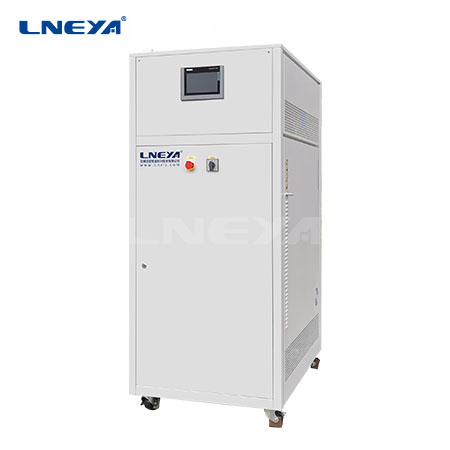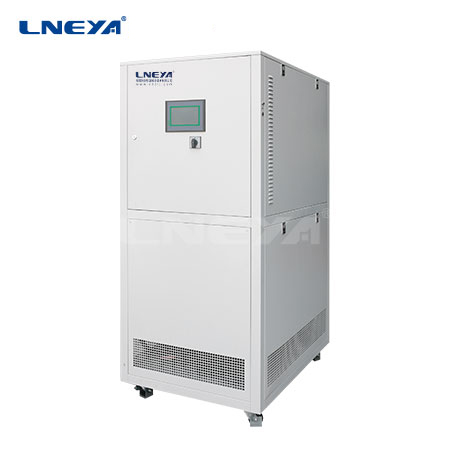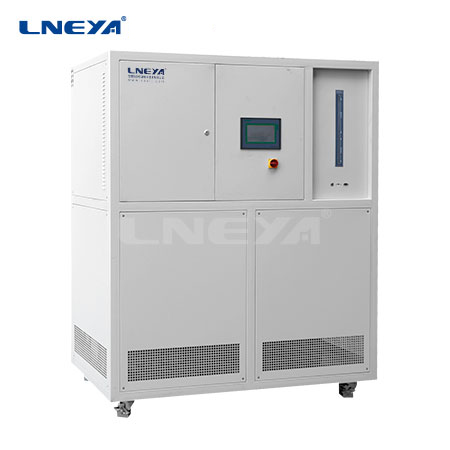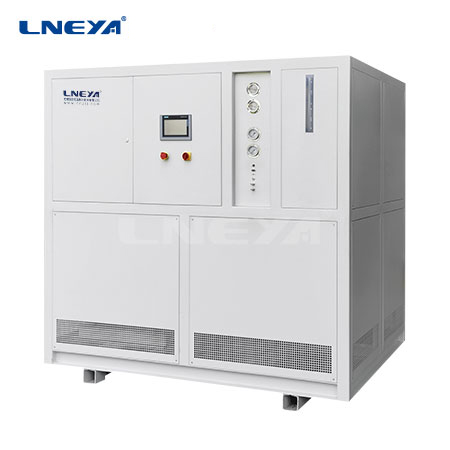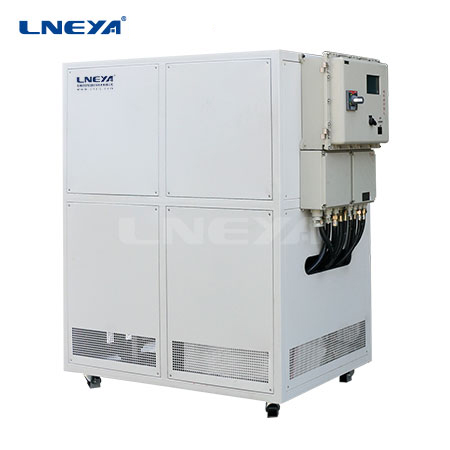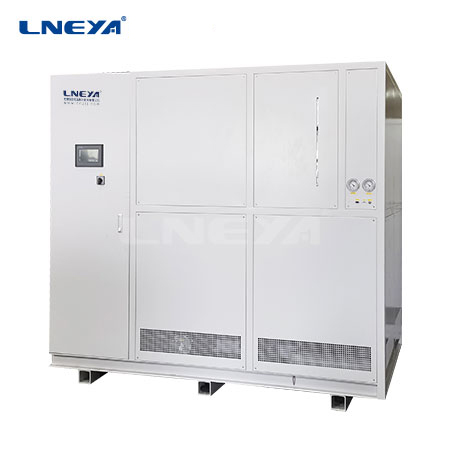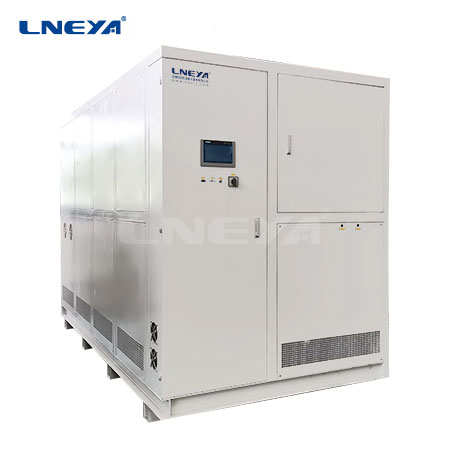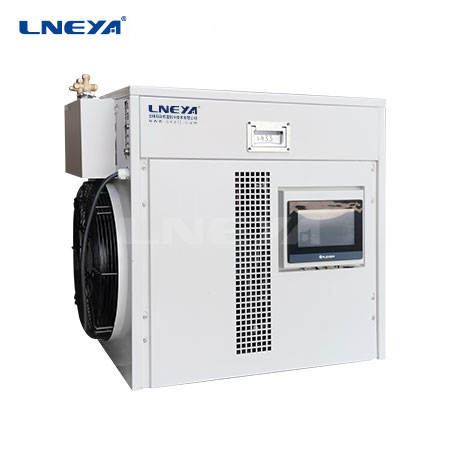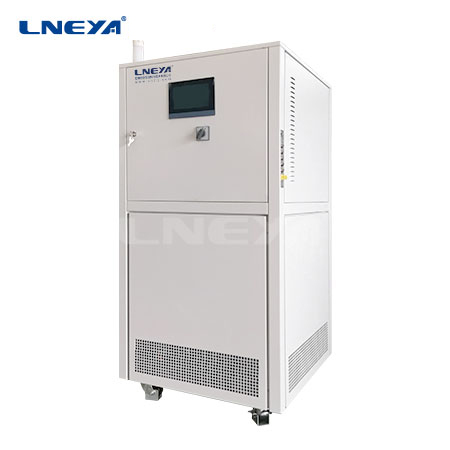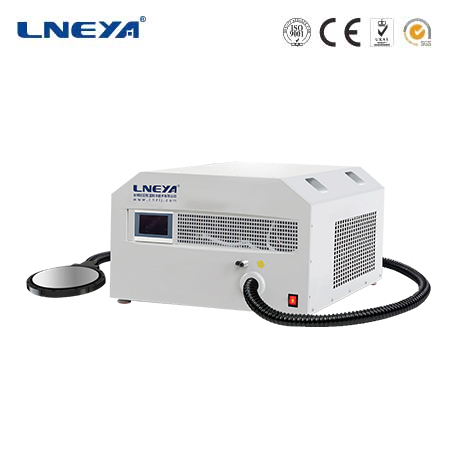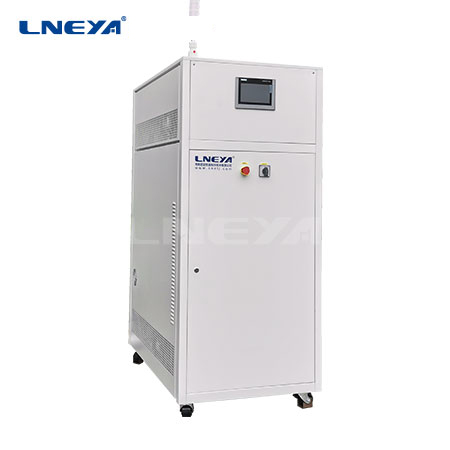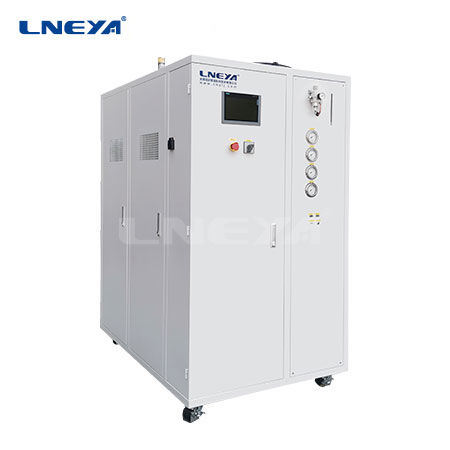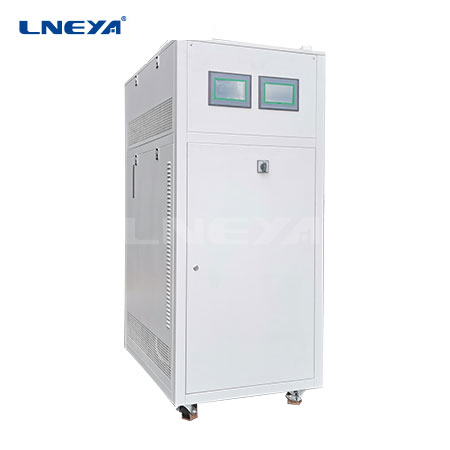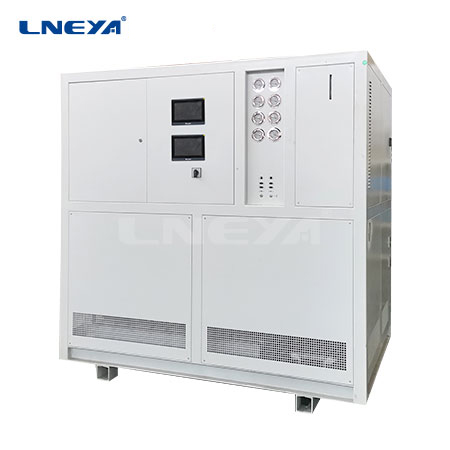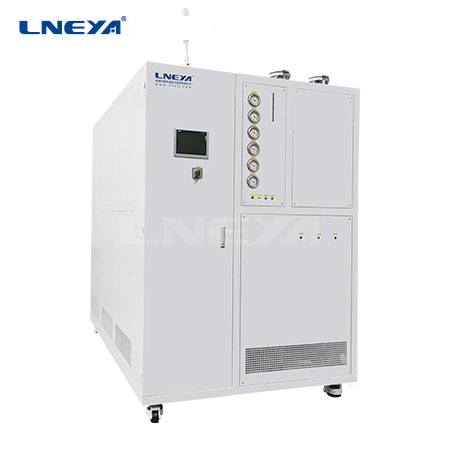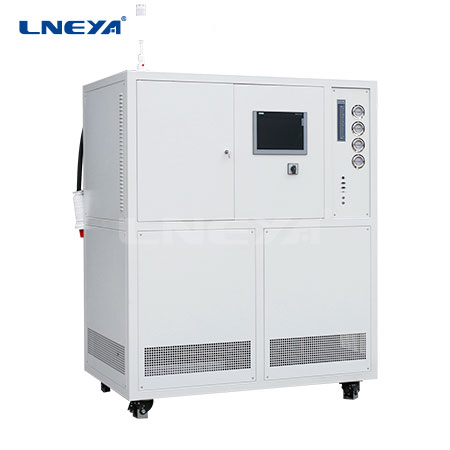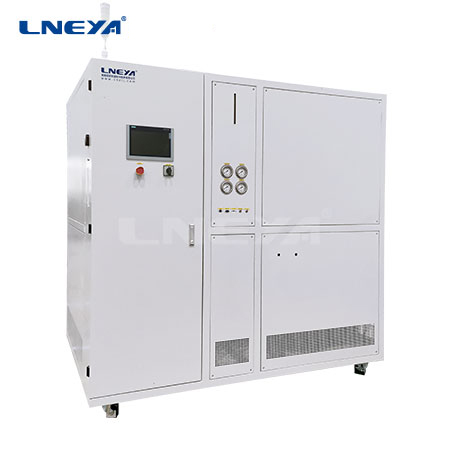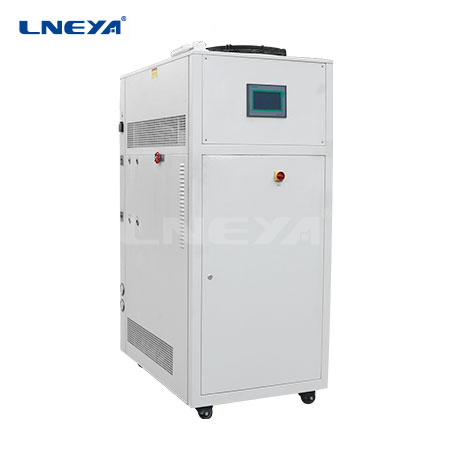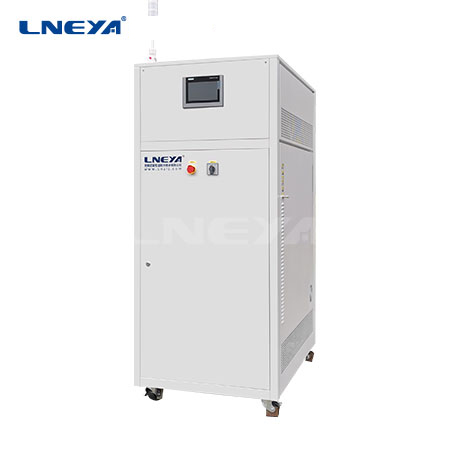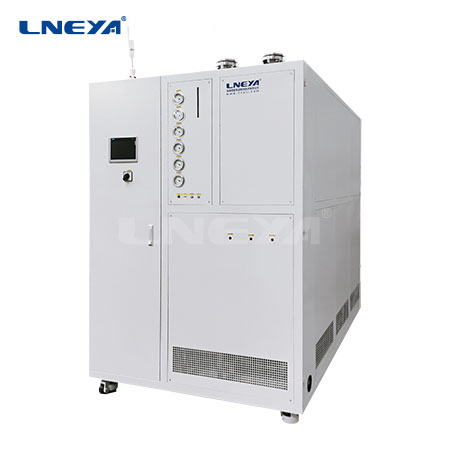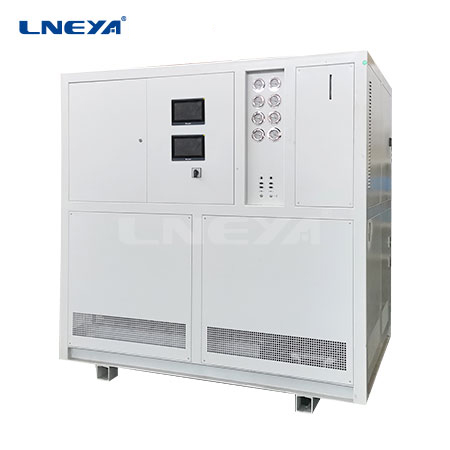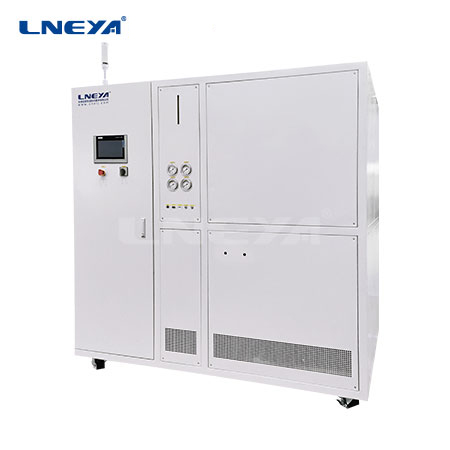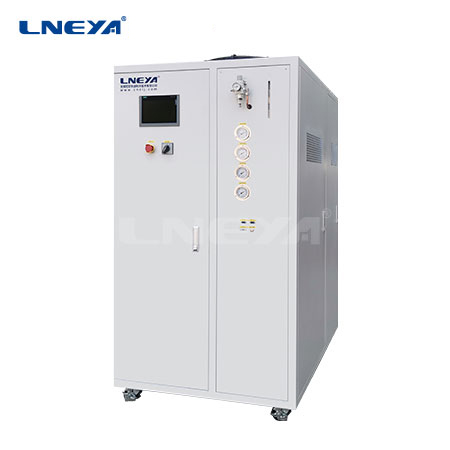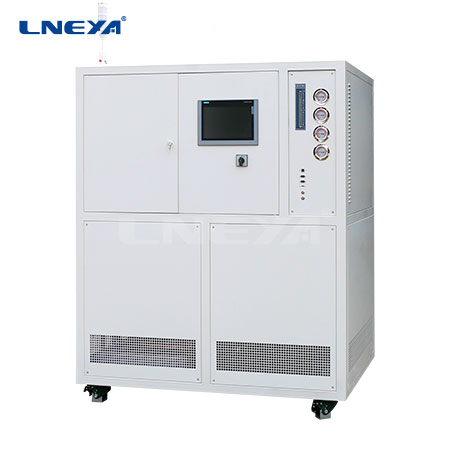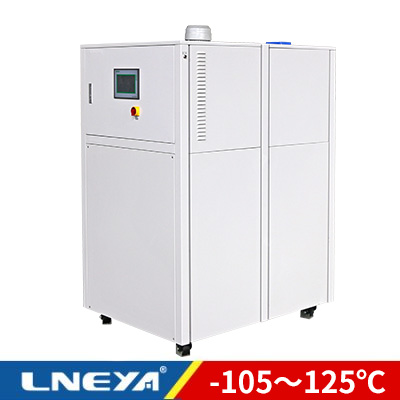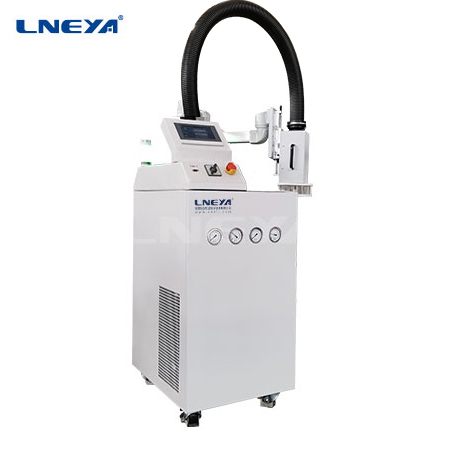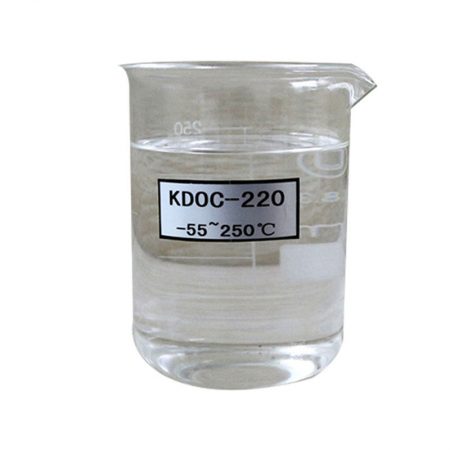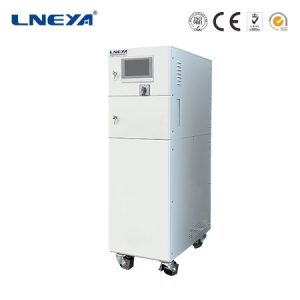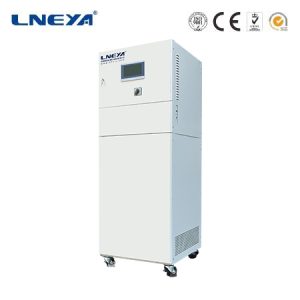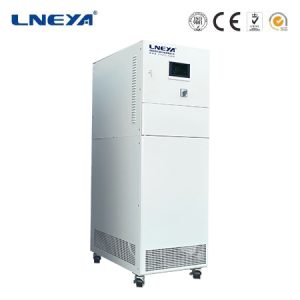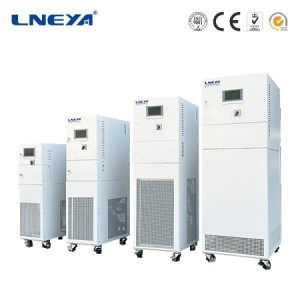Thermal Management of Electric Vehicle Battery Systems
Свяжитесь с нами сегодня, чтобы получить идеальное решение для контроля температуры
Types of thermal management of electric vehicle battery systems
Current thermal management solutions can be roughly divided into four types: air cooling, liquid cooling, direct cooling, and phase change materials.
1. Air cooling is a common and simple method of heat dissipation, using natural airflow or fans to blow away the heat absorbed by the radiator. It has the advantages of low cost, simple installation, reliability and easy maintenance, but it is greatly affected by the environment and was mostly used in early electric vehicles.
2. Liquid cooling can be divided into cold plate liquid cooling and immersion liquid cooling. Cold plate liquid cooling is an indirect heat dissipation method. By contacting the cooling plate with the battery, the coolant in the cold plate is used to exchange heat with the battery, and Heat is removed through cooling channels. Immersion liquid cooling is a cooling method that immerses the battery module in an insulating cooling liquid to perform heat exchange. Liquid cooling has the advantages of high heat exchange efficiency and uniform heat, but the cost is higher.
3. Direct refrigerant cooling uses the refrigerant from the vehicle air conditioning system to directly flow the refrigerant into the evaporator inside the battery. The refrigerant evaporates in the evaporator and efficiently takes away the heat from the battery system. This design is simple and easy to disassemble, with low subsequent maintenance costs. However, direct heating is not possible and additional heating systems need to be added.
4. Phase change materials can be divided into three types: inorganic phase change materials, organic phase change materials and composite phase change materials. Its heat absorption and release process makes the system temperature stable and can achieve a nearly constant temperature effect. It has been applied in many fields. It has simple structure, small mass and huge latent heat characteristics, but the replacement cost is high and the stability is poor.

The main functions of thermal management of electric vehicle battery systems
The battery thermal management system is one of the key technologies to deal with the heat-related problems of the battery and ensure the performance, safety and life of the power battery. The main functions of the thermal management system include:
1. Effectively dissipate heat when the battery temperature is high to prevent thermal runaway accidents.
2. Preheat when the battery temperature is low to increase the battery temperature to ensure charging and discharging performance and safety at low temperatures.
3. Reduce the temperature difference within the battery pack, inhibit the formation of local hot zones, prevent the battery from decaying too quickly at high temperature locations, and effectively improve the overall life of the battery pack.
The importance of thermal management of electric vehicle battery systems
The main task of the battery management system is to ensure that the battery pack works within a safe range, provide necessary information for vehicle control, respond promptly when abnormalities occur, and determine the battery charge and discharge power based on ambient temperature, battery status, vehicle needs, etc. wait. The main functions of BMS include battery parameter monitoring, battery status estimation, online fault diagnosis, charging control, automatic equalization, thermal management, etc.
Thermal-related issues of batteries are key factors that determine their performance, safety, lifespan and cost of use. First, the temperature level of a hammer-ion battery directly affects its energy and power performance during use. When the temperature is low, the available capacity of the battery will rapidly decay. Charging the battery at too low a temperature (such as below 0%) may cause instantaneous voltage overcharge, causing internal decomposition and subsequent short circuit. Secondly, the heat-related problems of hammer ion batteries directly affect the safety of the battery. Defects in the manufacturing process or improper operations during use may cause local overheating of the battery, which in turn may cause a chain exothermic reaction, eventually causing smoke, fire or even Serious thermal runaway events such as explosions threaten the lives of vehicle drivers and passengers. In addition, the working or storage temperature of the hammer ion battery affects its service life. The suitable temperature of the battery is approximately between 10 and 30 degrees Celsius. Too high or too low temperature will cause the battery life to decay rapidly. The enlargement of power batteries reduces the ratio of their surface area to volume. The internal heat of the battery is not easily dissipated, and problems such as uneven internal temperature and excessive local temperature rise are more likely to occur, which further accelerates battery decay, shortens battery life, and increases the number of users. total cost of ownership.
Электронная почта: info@lneya.com WeChat ID: +8615251628237 WhatsApp: +86 17851209193
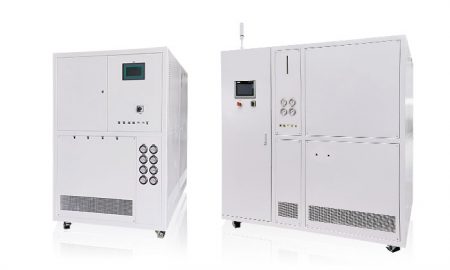 Системы контроля температуры и расхода тепла/холода
Системы контроля температуры и расхода тепла/холода
Моделирование температуры для проверки качества автомобиля: проверка срока службы аккумулятора, стенд для проверки топливных форсунок/моторов, проверка подушек безопасности, стенд для проверки компонентов и т.д.
| Диапазон температур | -25°C ~ +100°C | -40°C ~ +100°C | 0°C ~ +100°C | -40°C ~ +135°C |
| Мощность охлаждения | 2,8 ~ 38 кВт | 1,2 ~ 60 кВт | 1,8 ~ 60 кВт | 4 ~ 60 кВт |
Температура / давление / расход могут регулироваться независимо друг от друга.
1&2: одна машина для управления двумя группами.
| Диапазон температур | -40 ~ +100℃ 1&2 | 0 ~ +100℃ 1&2 |
| Мощность охлаждения | 1,8 кВт*2 ~ 60 кВт*2 | 1,8 кВт*2 ~ 60 кВт*2 |
Температура остается постоянной, давление/расход можно регулировать независимо друг от друга.
1&3: одна машина для управления тремя группами.
1&6: одна машина для управления шестью группами.
| Диапазон температур | -40 ~ +100℃ 1&2 | -40 ~ +100℃ 1&3 | -40 ~ +100℃ 1&6 | -20 ~ +100℃ 1&6 | 0 ~ +100℃ 1&2 | 0 ~ +100℃ 1&3 | 0 ~ +100℃ 1&6 |
| Мощность охлаждения | 2,5 ~ 60 кВт | 4 ~ 60 кВт | 10 ~ 60 кВт | 10 ~ 60 кВт | 7 ~ 60 кВт | 11 ~ 60 кВт | 18 ~ 60 кВт |
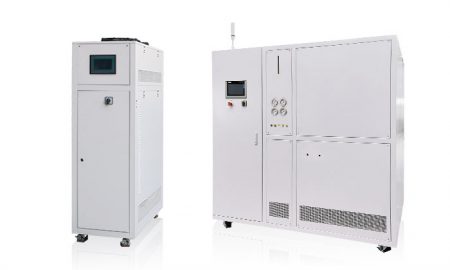
Масляные чиллеры
Моделирование температуры для проверки качества автомобиля: проверка срока службы аккумулятора, стенд для проверки топливных форсунок/моторов, проверка подушек безопасности, стенд для проверки компонентов и т.д.
| Диапазон температур | 0℃ ~ +160℃ | +5℃ ~ +135℃ |
| Мощность охлаждения | 11 ~ 60 кВт | 15 ~ 38 кВт |
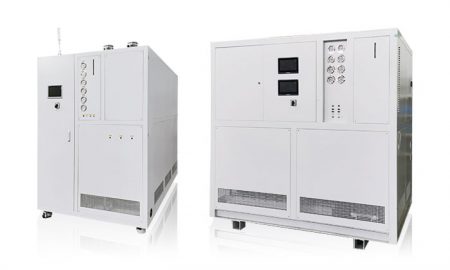
Системы охлаждения и отопления для электронного насоса
| Диапазон температур | -40°C ~ +135°C |
| Мощность охлаждения | до 60 кВт |
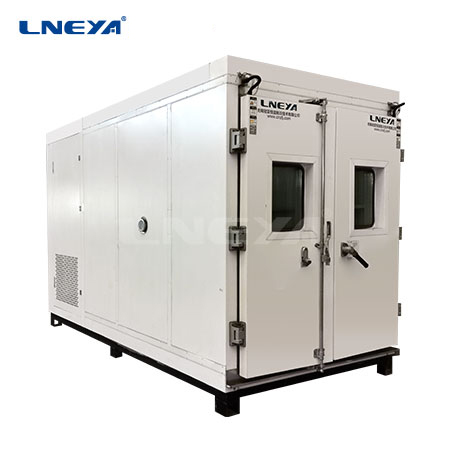
Камера для испытания аккумуляторов при высоких и низких температурах
| Диапазон температур | -40℃ ~ +100℃ | -40℃ ~ +100℃ |
| Мощность охлаждения | 1,8 ~ 7,5 кВт | 4 ~ 15 кВт |
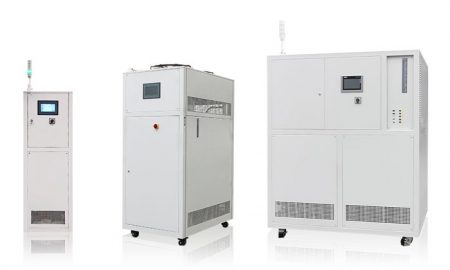
Автомобильные системы прямого охлаждения или обогрева
| Типы | Прямое охлаждение | Direct Cooling & Heating |
| Мощность охлаждения | 5 ~ 10 кВт | 5 ~ 10 кВт |
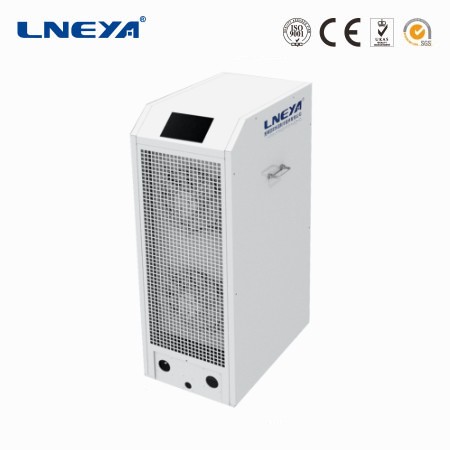
Жидкостное охлаждение для аккумуляторных систем хранения энергии
| Типы | Для конвертерной станции | Для аккумуляторов энергии | Для зарядной станции |
| Мощность охлаждения | 45 кВт | 5 ~ 8,5 кВт | 4 кВт |
 ЛНЕЙЯ
ЛНЕЙЯ
 简体中文
简体中文










